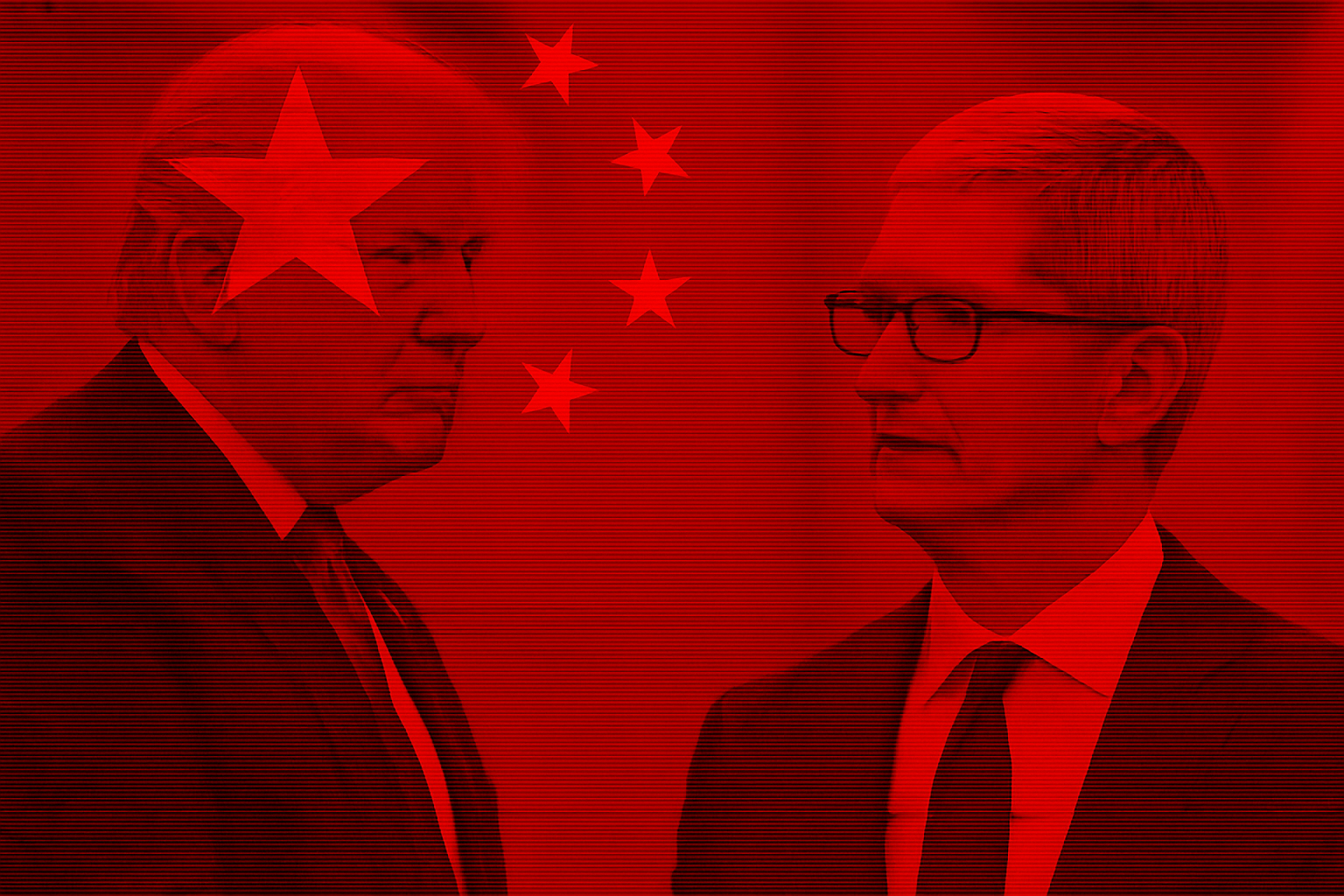President Donald Trump’s newly imposed 54 percent tariff on Chinese imports is creating serious pressure for Apple. Since most iPhones are still manufactured in China, the company now faces a tough decision.
Should it raise prices, absorb the added cost, or try to negotiate a way around the new rules?
Analysts warn that U.S. prices for iPhones could rise by as much as 43 percent.
If that happens, the most expensive iPhone 16 Pro Max would jump from $1,599 to nearly $2,300. Even the base iPhone 16e could go from $599 to over $850.
Counterpoint Research estimates that Apple would need to increase prices by at least 30 percent just to maintain its current margins.
Apple’s stock has already dropped by nearly 15 percent since the tariffs were announced.
Apple has been in a similar situation before. During the last U.S.–China trade war, CEO Tim Cook managed to keep iPhones off the tariff list. He took a hands-on approach, building close relationships with both the Trump administration and Chinese officials.
While other tech leaders kept their distance, Cook met regularly with Trump and key advisers, and emphasized Apple’s role in supporting millions of jobs through its supply chain in China.
That strategy worked once, but this time, the circumstances are different. The new tariffs apply to nearly all Chinese imports, including smartphones.
Trump has also renewed his calls for Apple to move production to the United States. However, Apple is highly unlikely to comply with that request.
Unlike the last trade war, there appears to be little room for individual exemptions.
Apple has not commented publicly on the tariffs. It may look for workarounds, delay price changes, or shift more production to countries like India.
But unless something changes, the iPhone could soon become much more expensive for U.S. consumers.



